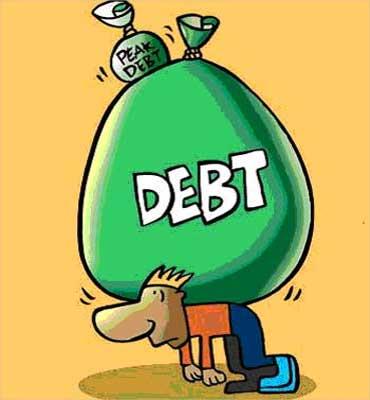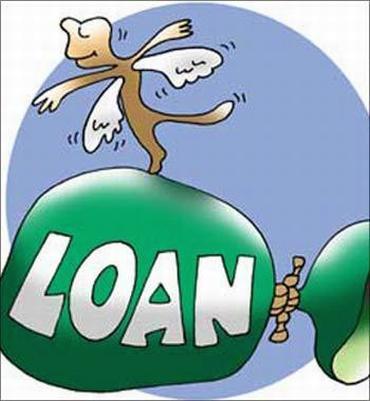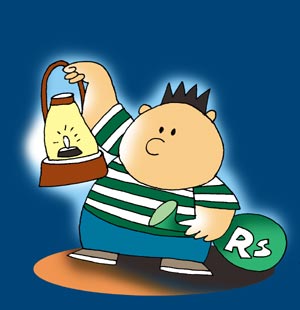 | « Back to article | Print this article |
6 SMART ways to manage your credit card debt
Have you reached a stage where you cannot even pay minimum amount due? You need some smart help to get that debt burden off you.
Pankaj Jain, a 29 year old sales executive, is a happy go lucky chap. He works hard and loves to have fun too. By the middle of the month he starts running low on cash. Cash withdrawal from his credit card and making only minimum payments seem like the best option to him.
Of late, he noted that he has barely been able to pay off the minimum balance due and his total outstanding balance has been rising dangerously. Though he has reduced his spending now, the interest amount he pays out each month has been mounting and it was swelling the total amount due.
Pankaj need some serious debt management. Here are some steps to manage credit card debt.
The author is a credit expert with 10 years of experience in personal finance and consumer banking industry and another 7 years in credit bureau sector. Rajiv was instrumental in setting up India's first credit bureau, Credit Information Bureau (India) Limited (CIBIL). He has also worked with Citibank, Canara Bank, HDFC Bank, IDBI Bank and Experian in various capacities.
6 SMART ways to manage your credit card debt
1. Change the lifestyle causing debt
In most cases debt mounts up due to excessive spending and lack of checks and balances. Very often these are not even big or asset building expenses. Most often the credit card is whipped out on impluse buys for clothes, accessories, or to pay for restaurant bills.
In order to curb your credit card debt, you would need to make some lifestyle changes and spend less on expensive items or try to limit days when you eat outside.
2. Stop using the credit card
Don't reduce your card spends -- just stop using your cards! Put your card in a sealed envelope in the darkest corner of your cupboard. If you have to pay Rs 5,000 in cash for a new pair of shoes, it will pinch you more than paying by a credit card.
It will also help curb impulse purchase after all you cannot buy more than the cash you are currently carrying. Sometimes it is not a good idea to close off your credit cards because they can help you build your credit history and can help you improve your Cibil score.
Old credit cards are often very valuable to keep as long as you are using them properly.
6 SMART ways to manage your credit card debt
3. Understand where you are overspending
To make a permanent change it is essential to understand your problem areas. Take your credit card bills for last one year and try to figure out areas that you have overspent on.
There are various tools on internet that would bucket your expenses in different categories and will show you your pain points.
Is that Rs 1,800 shirt you purchased a year ago still in use? Would you have been better off if you had bought one for Rs 500 instead? Ask these hard questions to yourself.
4. Take a loan
The interest you pay on your card is between 36 per cent to 40 per cent per annum, 10-15 per cent more than what you would pay on unsecured personal loan and around 20-25 per cent more than what your would pay on a secured loan such as a home loan, top-up loan or a loan against your LIC policy.
Look at all your option and find out the best credit product suitable for you. Even a temporary loan offered from close family and friends could be an option to settle credit card debt.
What you really need to avoid is defaulting on your credit cards as your defaults would appear on your Cibil Report and it will impact your Cibil Score.
Banks are very wary of giving loans to customer with low Cibil Score. So, no matter what you should try your best to not default on your card dues.
6 SMART ways to manage your credit card debt
5. Set up a budget
Budgeting does sound boring but wallowing in debt is far worse. So you need to allocate your spending prudently. Till your debt is fully repaid ALL unnecessary expenses have to curbed include the evening coffee at Cafe Coffee day.
6. Be prepared
When the debt is repaid one breathes a sigh of relief and then goes back to the same destructive behaviour. It's much like going on a strict diet and then binging. Be prepared for the urge for financial binging.
Living within your means is not difficult as long as you have made up your mind to do it.




